Artificial Intelligence (AI) is profoundly changing our lives in ways we might not even realize. Quietly weaving itself into the fabric of our daily routines, AI is changing our lives by transforming everything from how we learn to how we heal, work, and create. While much of the spotlight tends to shine on AI in robotics or sci-fi predictions, its real-world applications are already reshaping our lives in surprising ways. Here are five unexpected, yet profound, ways AI is influencing our lives today.
1. From Personalized Learning to Smart Cities
AI is not just a tool for advanced research labs—it’s changing classrooms around the globe. Personalized learning used to mean a private tutor; now, it means an AI-powered platform that adapts in real-time to how each student learns. Platforms like Squirrel AI in China or Carnegie Learning in the U.S. analyze how students interact with content and then tailor lessons accordingly. Struggling with algebra? The system slows down, gives more examples, and offers practice targeted to that specific difficulty. Excelled at geometry? It’ll move you ahead.
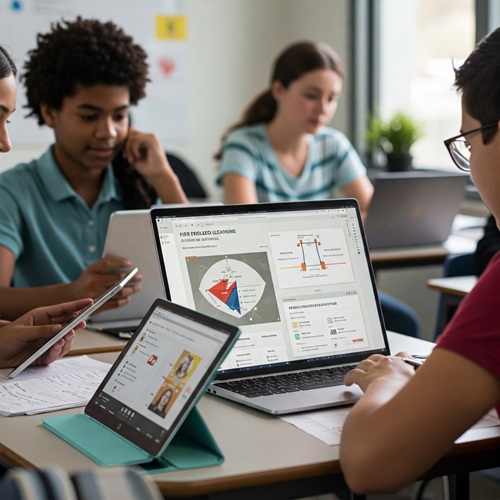
Beyond this, AI chatbots are taking over routine student support roles. Need help with a homework question at midnight? An AI tutor is online, ready to help. These bots answer common questions, offer hints, and even help manage deadlines, freeing human teachers to focus on deeper, more meaningful instruction.
Meanwhile, cities are becoming smarter thanks to AI. Traffic lights adjust in real-time to traffic flow. Energy systems predict usage patterns and adjust accordingly. Education and infrastructure are merging through AI to create environments that learn and adapt to the people living in them. Learn more about [smart city initiatives worldwide. Link: smartcity.
2. AI in the Healthcare Revolution
Few sectors have seen AI’s impact on our lives as clearly as healthcare. Medical diagnostics, once reliant entirely on human interpretation, are now augmented by AI algorithms that analyze images, data, and patterns at speeds no human could match. AI can spot early signs of diseases like cancer in medical scans with a level of accuracy that’s narrowing the gap between machine and specialist.
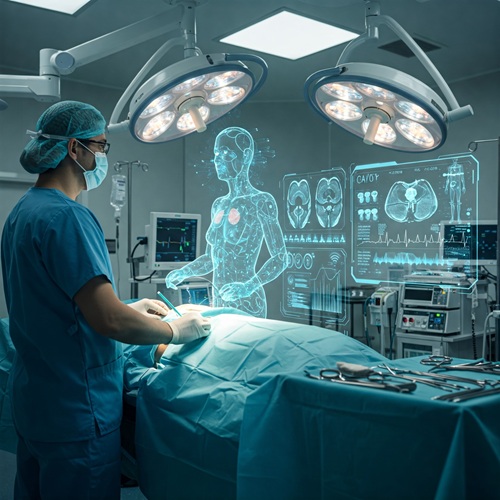
Take robotic surgery. It’s not science fiction anymore. AI-assisted surgical systems like the da Vinci robot are helping surgeons perform complex procedures with greater precision, smaller incisions, and faster recovery times. These machines aren’t replacing doctors—they’re enhancing their abilities. Explore the advancements in robotic surgery.
AI also plays a growing role in preventative care. By analyzing electronic health records, wearable device data, and genetic information, AI systems can predict health risks before symptoms even appear. This means more personalized treatment plans and earlier interventions—key to managing chronic diseases and reducing healthcare costs.
3. The Rise of AI-Powered Creativity
It may seem paradoxical, but AI is becoming a collaborator in the arts. Algorithms are generating paintings that hang in galleries, composing music performed on real stages, and writing stories that stir genuine emotions. Tools like DALL·E and Midjourney create surreal, striking images from text prompts. OpenAI’s MuseNet can compose music in the style of Mozart or The Beatles—or a mashup of both.
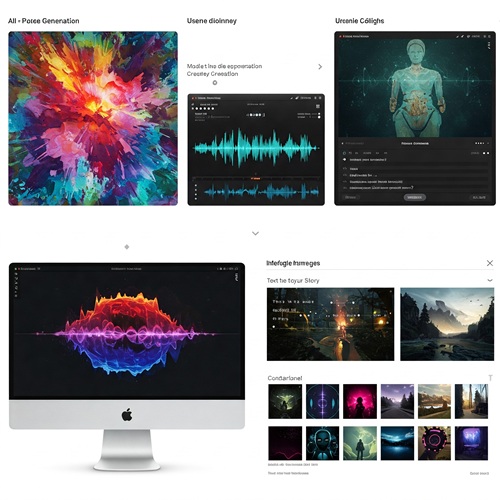
But more than novelty, AI is changing the creative process itself. Artists and designers use AI to handle tedious parts of their work—like editing, color correction, or rendering—so they can focus on imagination and storytelling. In music, AI is generating unique sounds and aiding composition, opening doors for new genres and collaborations that were previously unthinkable.
Creativity is no longer a solely human domain. It’s becoming a partnership between human inspiration and machine intelligence.
4. The Evolving Landscape of Work
AI is not only changing our lives through automation of physical labor—it’s transforming knowledge work too. Algorithms now sift through resumes, flagging ideal candidates. They analyze consumer behavior, helping marketers target more effectively. They optimize supply chains, predict stock trends, and even assist in drafting legal documents or code. Learn about the future of work with AI.
This transformation is redefining careers. While some jobs are being displaced, many more are being reshaped. New roles are emerging in AI ethics, algorithm training, data labeling, and human-machine collaboration. Workers need to adapt, picking up digital and analytical skills to stay relevant. You might find our article on business related essential digital skills for the future.
Rather than eliminating work, AI is changing what it means to work. Efficiency is increasing, but so is the demand for adaptability and continuous learning.
5. The Future of AI and Society
As AI spreads, it raises critical questions. Who controls the data it learns from? What happens if AI systems reinforce existing social biases? Will automation lead to mass unemployment, or will it open new paths to prosperity?
These aren’t hypothetical concerns. Facial recognition technology has shown bias in real-world deployments. Hiring algorithms have unintentionally favored certain demographics. The more AI is embedded in decisions, the more important it becomes to ensure fairness, transparency, and accountability. Explore the ethical considerations of artificial intelligence.
At the same time, AI is being deployed to solve global problems. It’s used in climate modeling, helping predict weather patterns and assess environmental risks. It’s helping optimize energy use in smart grids and suggesting better agricultural practices in regions facing food insecurity.
The potential is vast—but it must be paired with responsible governance. Laws and policies need to catch up with innovation. The future of AI isn’t just about what it can do, but about what we choose to let it do.
Final Thoughts
Artificial Intelligence (AI) is no longer a futuristic concept—it’s a present reality, quietly transforming how we learn, heal, create, work, and live. The most unexpected impact of AI isn’t in what it replaces, but in what it enables: a more personalized, efficient, and creative society. But with this power comes responsibility. As we integrate AI deeper into our lives, we must ensure it serves all of us fairly, ethically, and sustainably.
The real question isn’t if AI will shape our future—but how well we will shape AI.

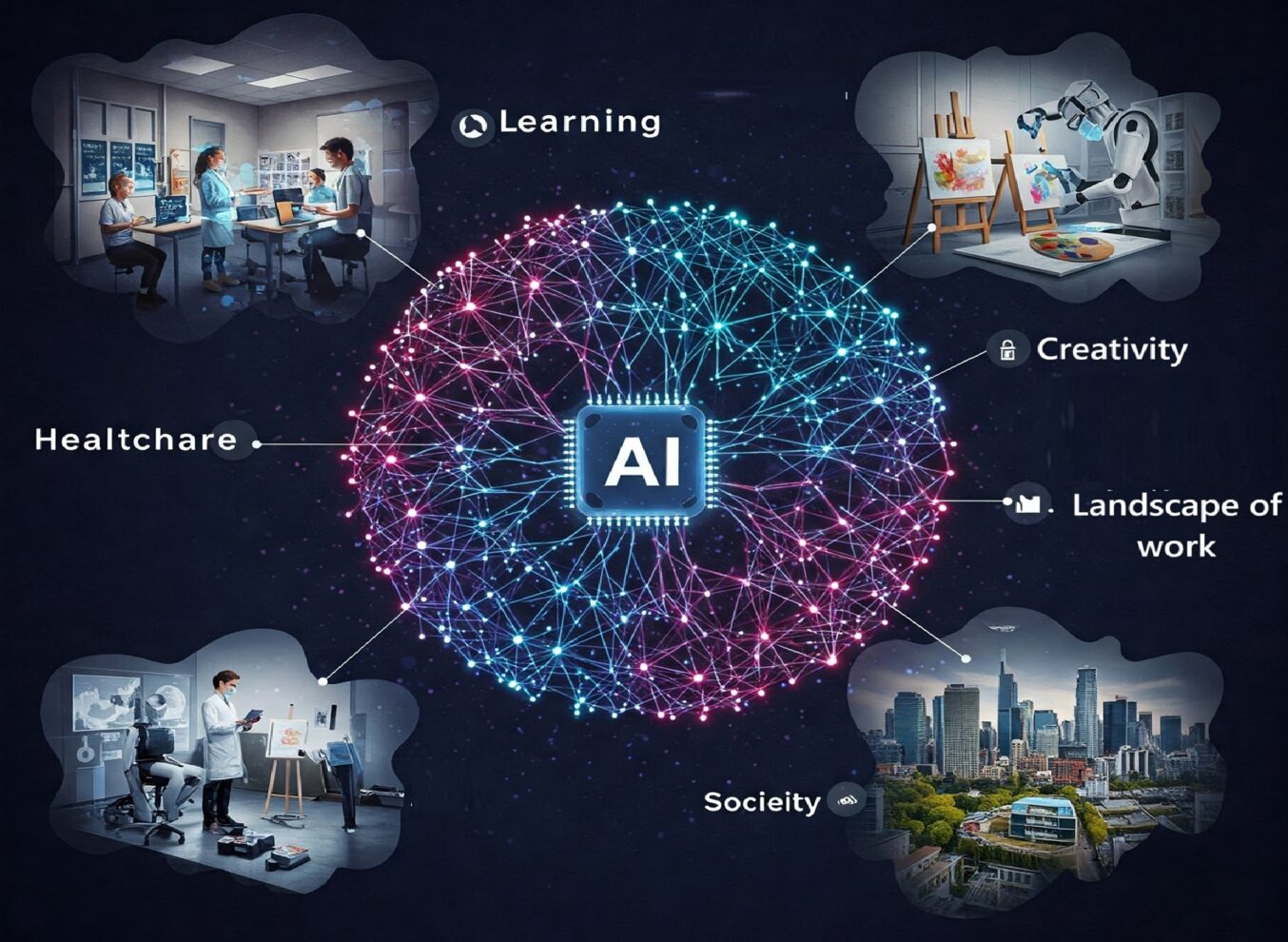

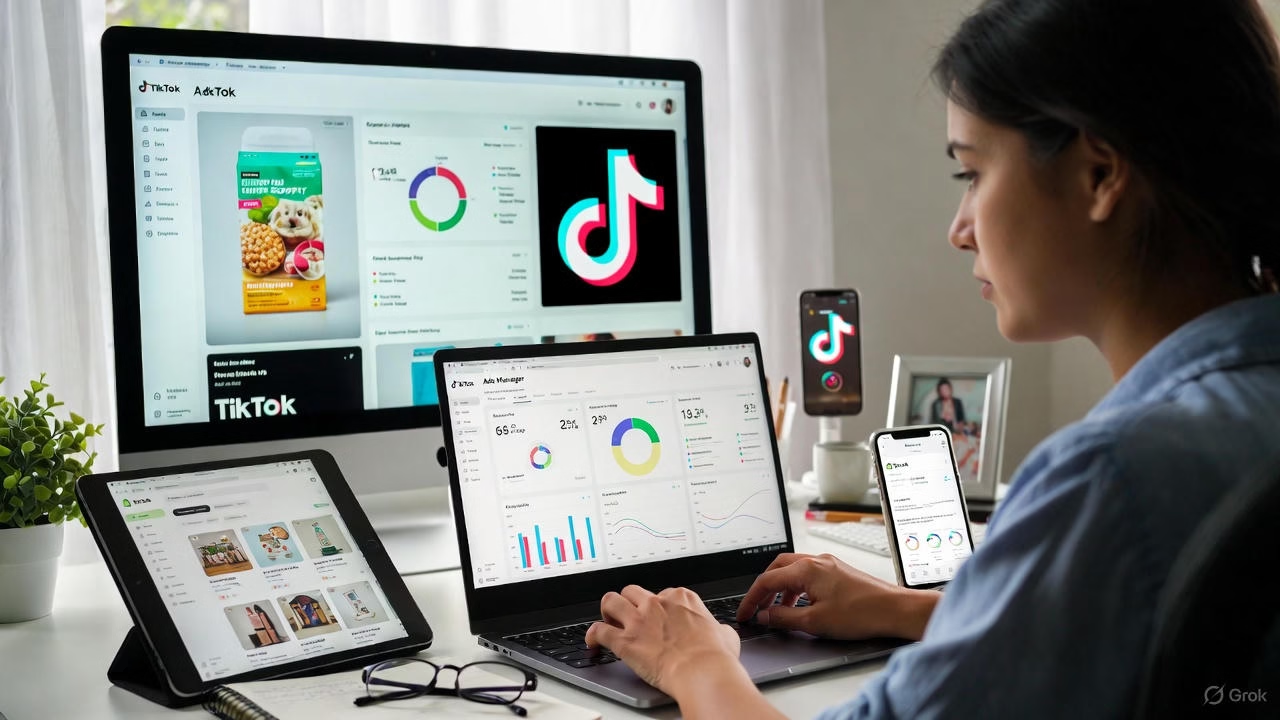

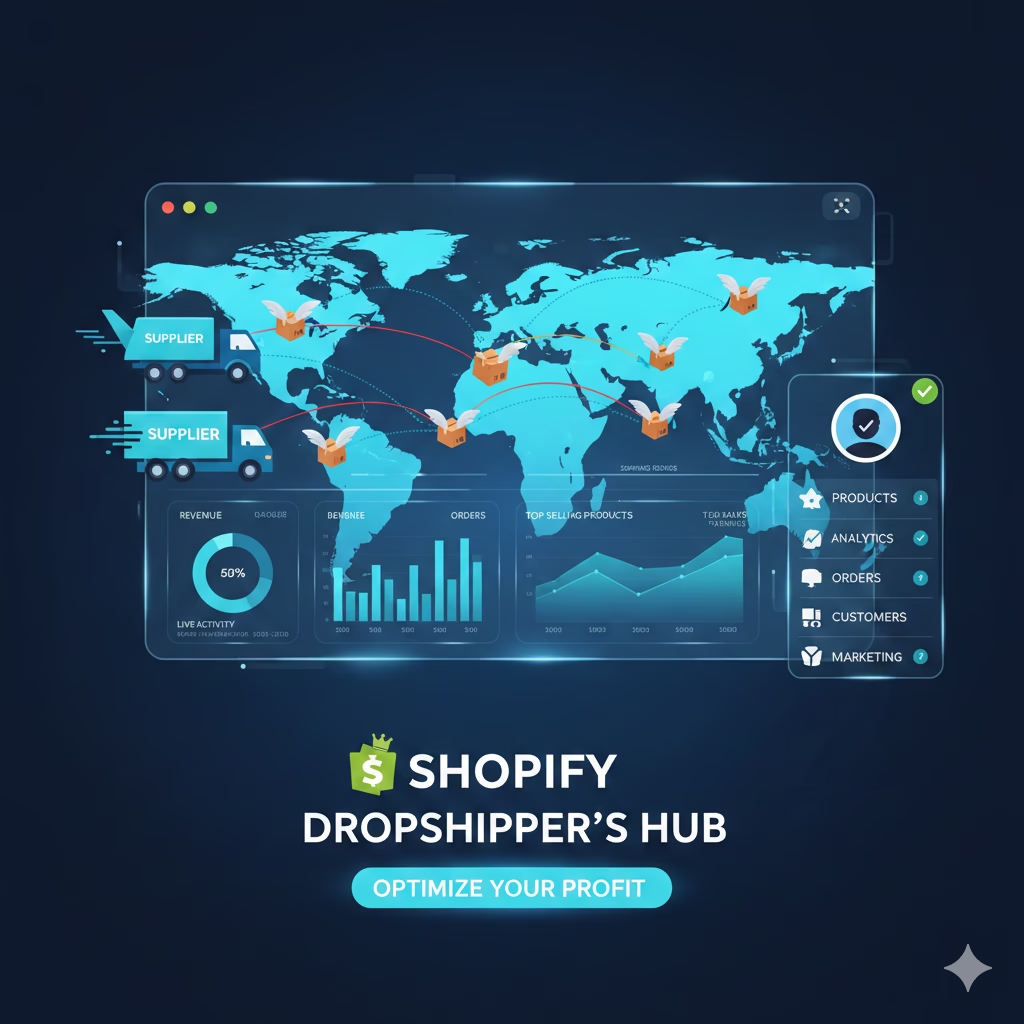
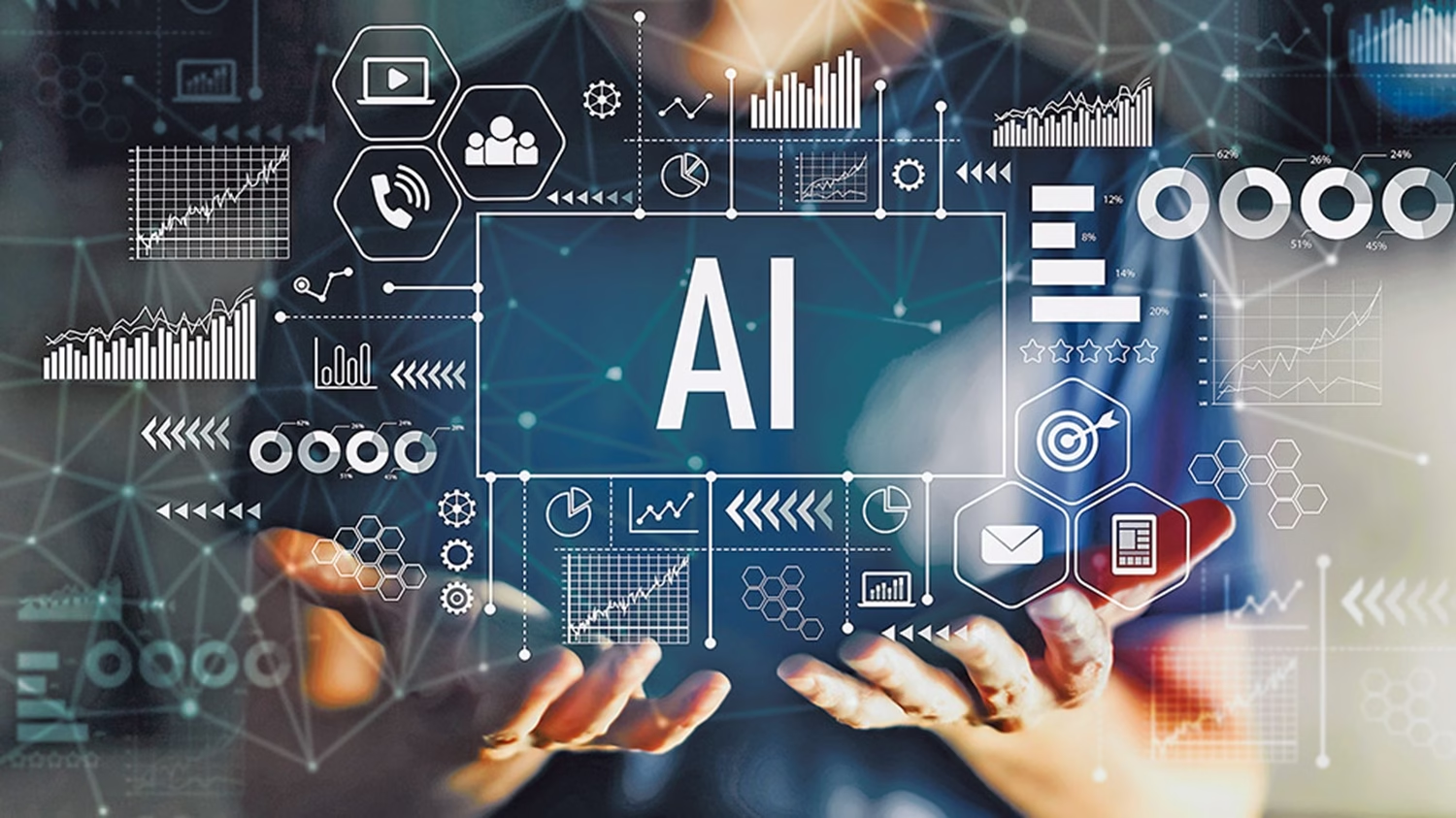
Leave a Reply